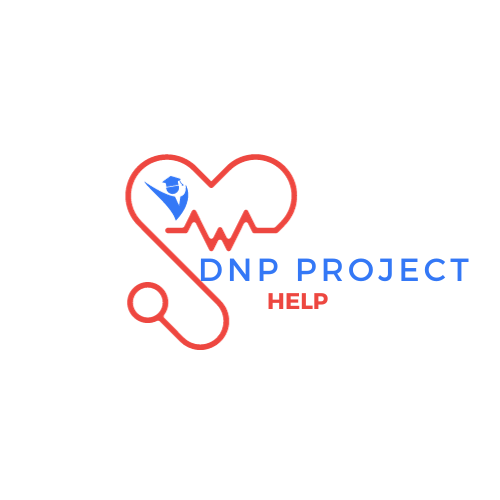
Question
Identify a common perceptual, neurological, or cognitive issue and discuss contributing factors. Outline steps for prevention or health promotion for the patient and family.
Attention Deficit Hyperactivity Disorder
Attention Deficit Hyperactivity Syndrome (ADHD) is a common brain condition that mostly affects kids. It’s often noticed when they’re young, but it can stick around into adulthood (Fuller-Thomson, Carrique, & MacNeil, 2021). People with ADHD have trouble paying attention, staying still, and controlling their actions, which can make it hard for them to do well in school, make friends, and work.
Factors Contributing to ADHD
The reasons behind ADHD are complicated and involve many different things. Even though we’re not exactly sure what causes ADHD, studies suggest that a mix of genetics, environment, and how the brain works all play a part in making someone more likely to have it (Kazda et al., 2021). Genes are important, and ADHD seems to run in families. Research shows that up to 80% of cases have a genetic link, especially if there’s a history of ADHD in the family. Things in the environment, like being exposed to lead, smoking during pregnancy, or having a lot of stress, might also make it more likely for someone to get ADHD. Experts say that about 4% to 12% of little kids might have ADHD (Kazda et al., 2021). Boys are two or three times more likely than girls to have the kind of ADHD where they’re really active or have a mix of symptoms.
Prevention of ADHD
To prevent or promote better health for ADHD, there are several things you can do. First, get a diagnosis from a doctor or other healthcare pro. This helps figure out what kind of ADHD it is and what treatment might work best (Fuller-Thomson, Carrique, & MacNeil, 2021). Then, make a plan for treatment. This might include medicine, therapy, or both, depending on how bad the symptoms are. Healthcare pros can help families make a plan that fits the child’s needs. Next, make a home where the child feels supported. Kids with ADHD do better when they have routines, a quiet place to study, fewer distractions, and praise for doing well. Also, encourage healthy habits like eating well, staying active, and getting enough sleep. These things can help with ADHD symptoms. Families can work together to build healthy habits. It’s also important to boost the child’s confidence and help them deal with frustration. Giving support and praise can make them feel better about themselves and their mental health. Lastly, learn as much as you can about ADHD and share what you know with others. Understanding ADHD helps get rid of any bad feelings about it and makes it easier for everyone to deal with. You can learn from books, support groups, or websites.
References
Fuller-Thomson, E., Carrique, L., & MacNeil, A. (2021). Generalized anxiety disorder among adults with attention deficit hyperactivity disorder. Journal of Affective Disorders. https://doi.org/10.1016/j.jad.2021.10.020
Kazda, L., Bell, K., Thomas, R., McGeechan, K., Sims, R., & Barratt, A. (2021). Overdiagnosis of Attention-Deficit/Hyperactivity Disorder in Children and Adolescents. JAMA Network Open, 4(4), e215335. https://doi.org/10.1001/jamanetworkopen.2021.5335



